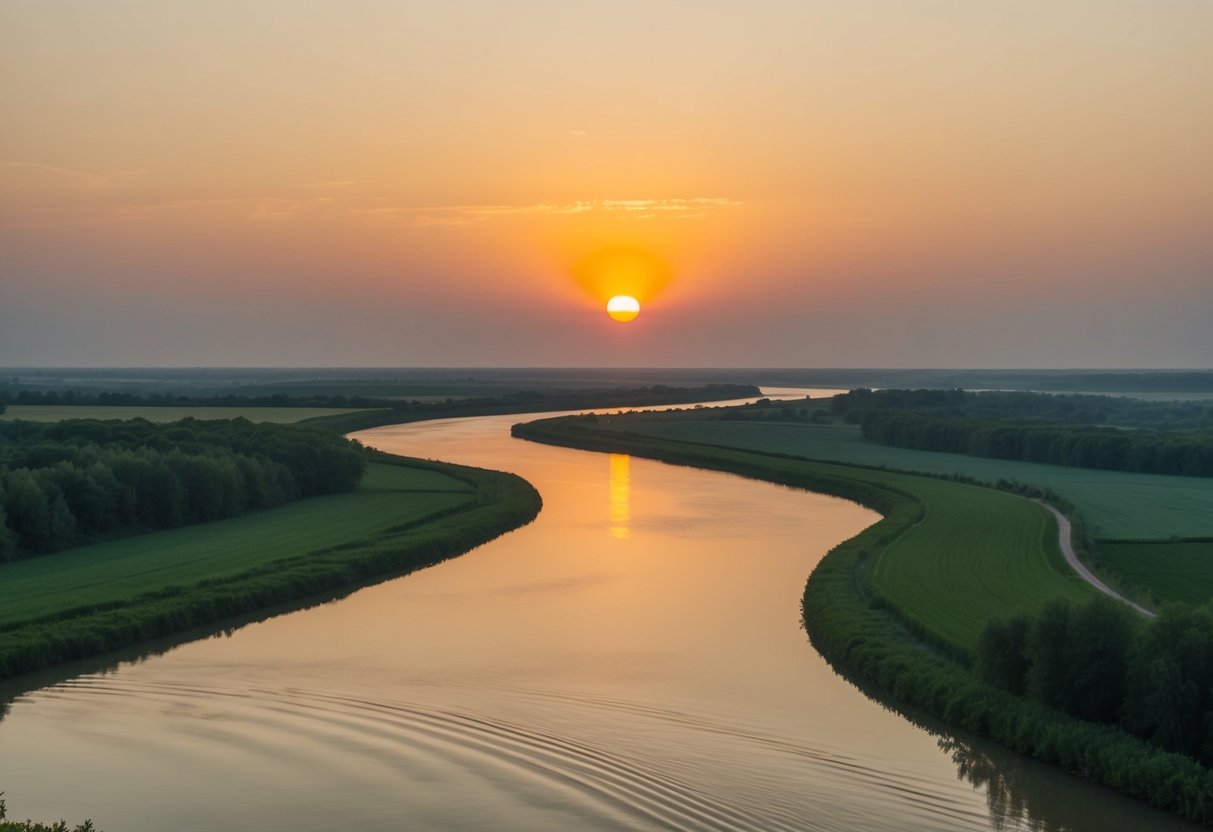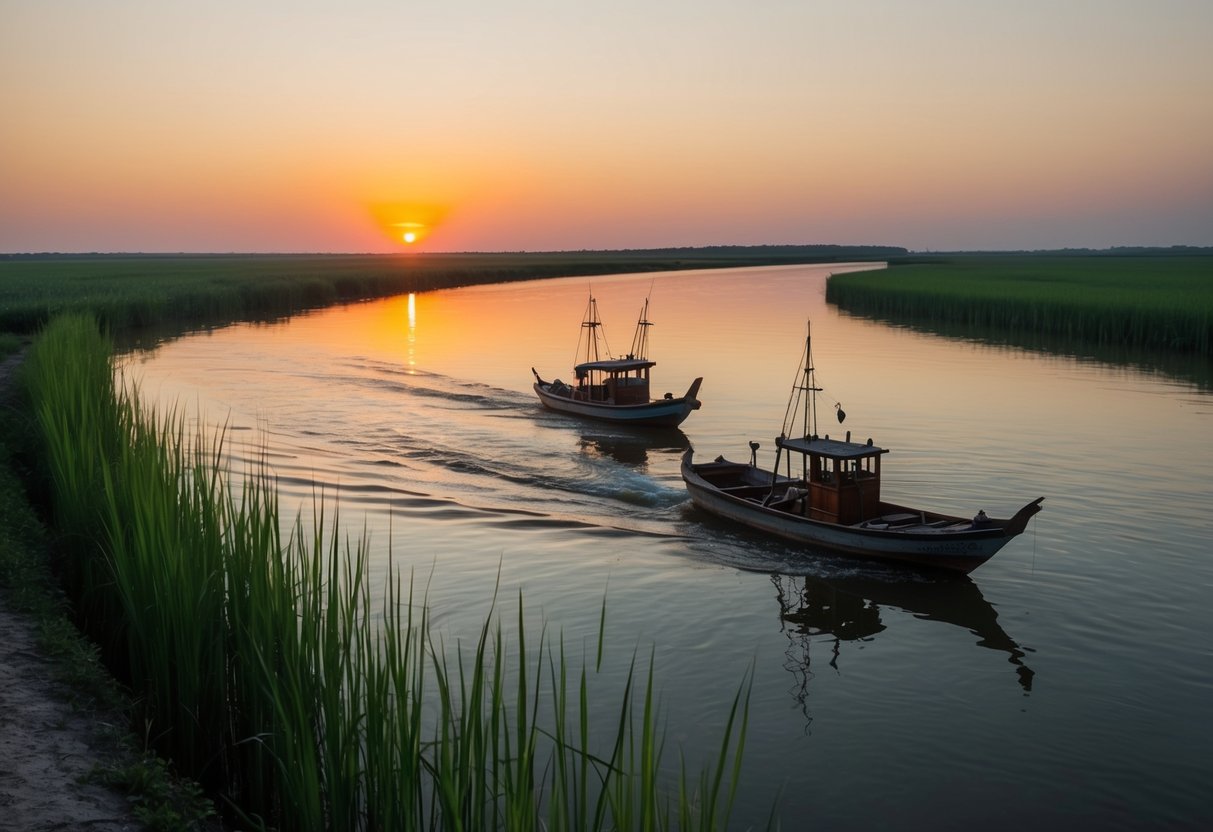
Exploring the Human Impact

The Danube Delta is a rich tapestry of human interaction and natural beauty. Fishing communities form the backbone of local life, while sustainable tourism supports the region’s economy and cultural heritage.
Fishing Communities
Fishing has long been a vital activity in the Danube Delta. The local communities rely on it not just for economic purposes but also as part of their cultural identity. Small villages along the waterways are deeply connected to fishing, with many residents continuing traditional practices passed down through generations.
These practices often include using small boats and sustainable fishing techniques to preserve fish populations. While the economic return may be modest, fishing offers a sense of pride and purpose to the communities. Events and festivals centered around fishing strengthen community bonds, adding a vibrant cultural richness that visitors find fascinating.
Efforts are being made to balance traditional methods with conservation. This ensures that the environment remains healthy and the communities can maintain their way of life. Support from governmental and non-governmental organizations helps local fishers comply with modern environmental standards without losing their unique cultural identity.
Sustainable Tourism and Local Economy
Sustainable tourism plays a crucial role in the Danube Delta’s economy. This approach aims to balance visitor enjoyment with preserving the area’s natural beauty and cultural sites. Tour operators often work with local communities to provide authentic experiences that highlight the delta’s rich biodiversity and storied history.
Visitors are encouraged to respect the environment and contribute to local development. By doing so, they help sustain the community financially while minimizing ecological impact. Many locals offer homestays and guided tours, allowing tourists to immerse themselves in local life and traditions.
Despite challenges, sustainable tourism fosters economic growth for the delta. It keeps traditions alive, providing financial incentives for locals to protect natural resources. Local artisans and businesses benefit from this increased attention, creating a robust, self-sustaining economy.
Cultural Heritage and Traditions

The Danube Delta is not only a treasure trove of biodiversity but also a region rich in cultural history. This area is home to diverse communities whose lives have been shaped by the intertwining of land and water. Rich traditions and distinctive culinary practices highlight the unique heritage of this geographical gem.
Historical Settlements
Centuries-old settlements such as Tulcea and Sulina are key focal points in the Danube Delta’s cultural heritage. Tulcea serves as a gateway to the Delta, offering glimpses into the lives of ancient Greek and Roman settlers through remnants like the Aegyssus fortress. Sulina, once a busy trade port, still showcases buildings from its diverse past as part of the European Danube Commission era.
The architecture in these settlements reflects a blend of influences, from Byzantine to Ottoman. The streets of Sulina are lined with buildings bearing different styles, offering a historical map for visitors and locals alike. Churches, lighthouses, and other historical structures add to the rich cultural fabric.
Cuisine and Folklore
The local cuisine makes abundant use of the waterways’ bounty. Fish dishes are central to the region, with recipes passed down through generations. Specialties like bors de pește, a local fish soup, underscore the area’s culinary heritage. Local festivals often center around these culinary delights, bringing communities together.
Folklore is equally vibrant, with music and dance forming an integral part of community life. Traditional songs and performances convey stories of the past, preserving the cultural identity. Festivals often blend these traditions with the natural beauty of the Delta, creating a unique cultural tapestry that continues to thrive today.